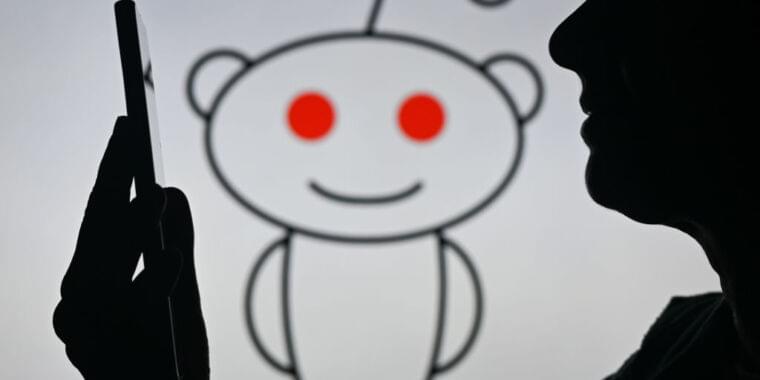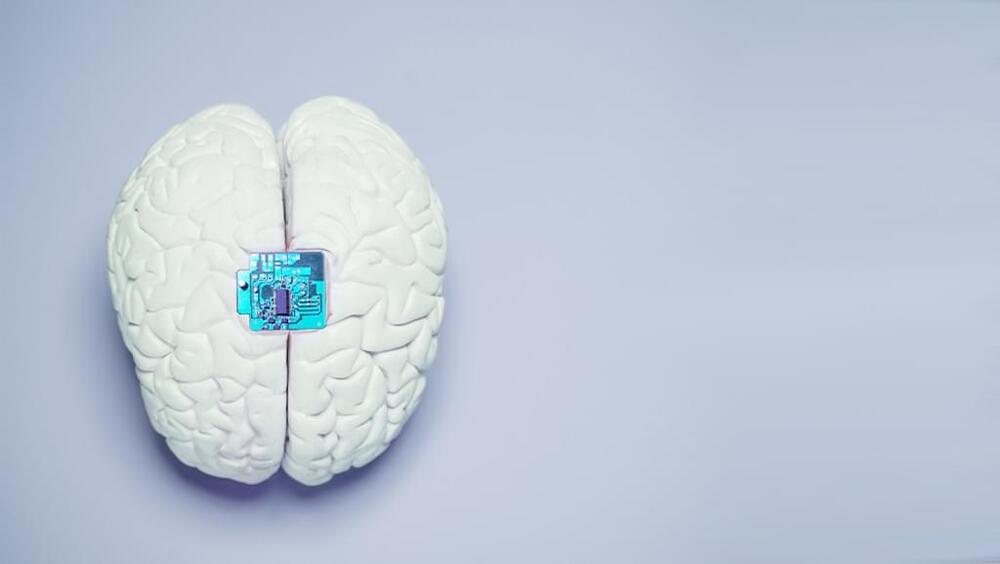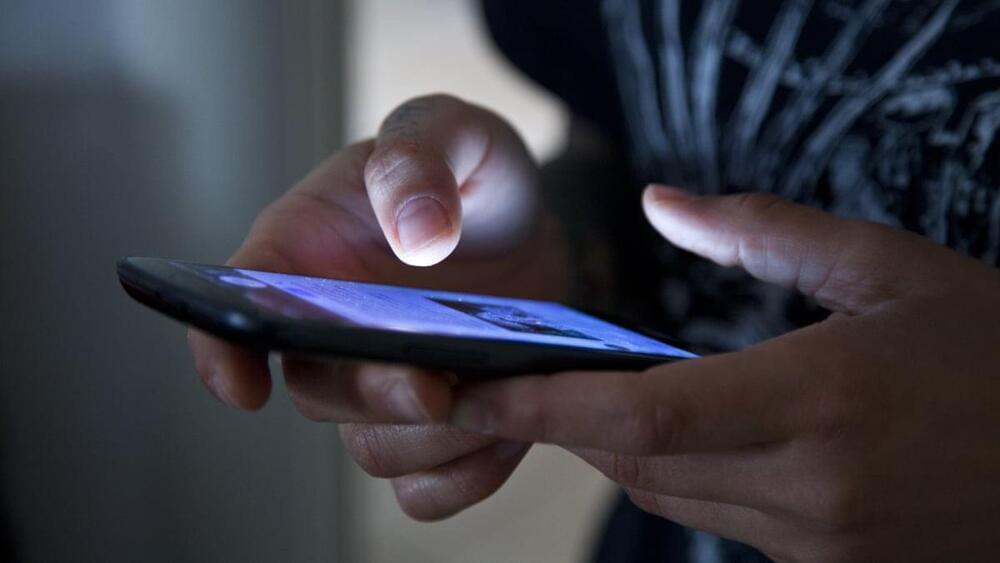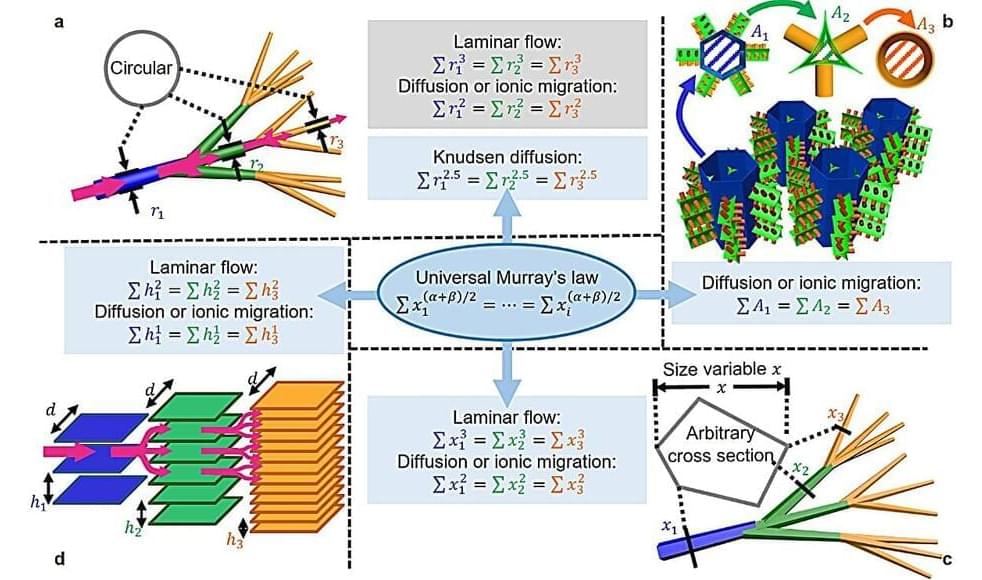What connection does nicotine and cannabis use have on mental health stressors, including anxiety, depression, and discrimination, for young adults? This is what a recent study published in Addictive Behaviors hopes to address as a team of researchers led by Indiana University investigated how increased use of nicotine and cannabis in young adults also comes at a time when mental health stressors are also on the rise with them, as well. This study holds the potential to help researchers, medical professionals, and the public better understand the link between nicotine and cannabis use and mental health, especially with the legalization of recreational cannabis becoming more prevalent across the United States.
For the study, the researchers conducted a survey between 2019 and 2021 consisting of 2,478 young adults from Los Angeles between 18 to 29 years old with the following demographics: 57 percent Hispanic, 19 percent Asian, 15 percent White, 4 percent Black, and 3 percent as Multiracial. The participants were instructed to provide their mental health symptoms status (anxiety and depressions) and social stressors (discrimination), along with how much they use cannabis or nicotine, including vaping.
In the end, the researchers found a correlation between nicotine and cannabis use, along with some dual use, with higher rates of depression and anxiety with Hispanic young adults, with both Hispanic and Asian young adults having increased use of nicotine and cannabis correlating with higher rates of discrimination. For Black young adults, the researchers found increased use of nicotine products with higher anxiety while finding the opposite occurred for higher rates of depression and discrimination.









